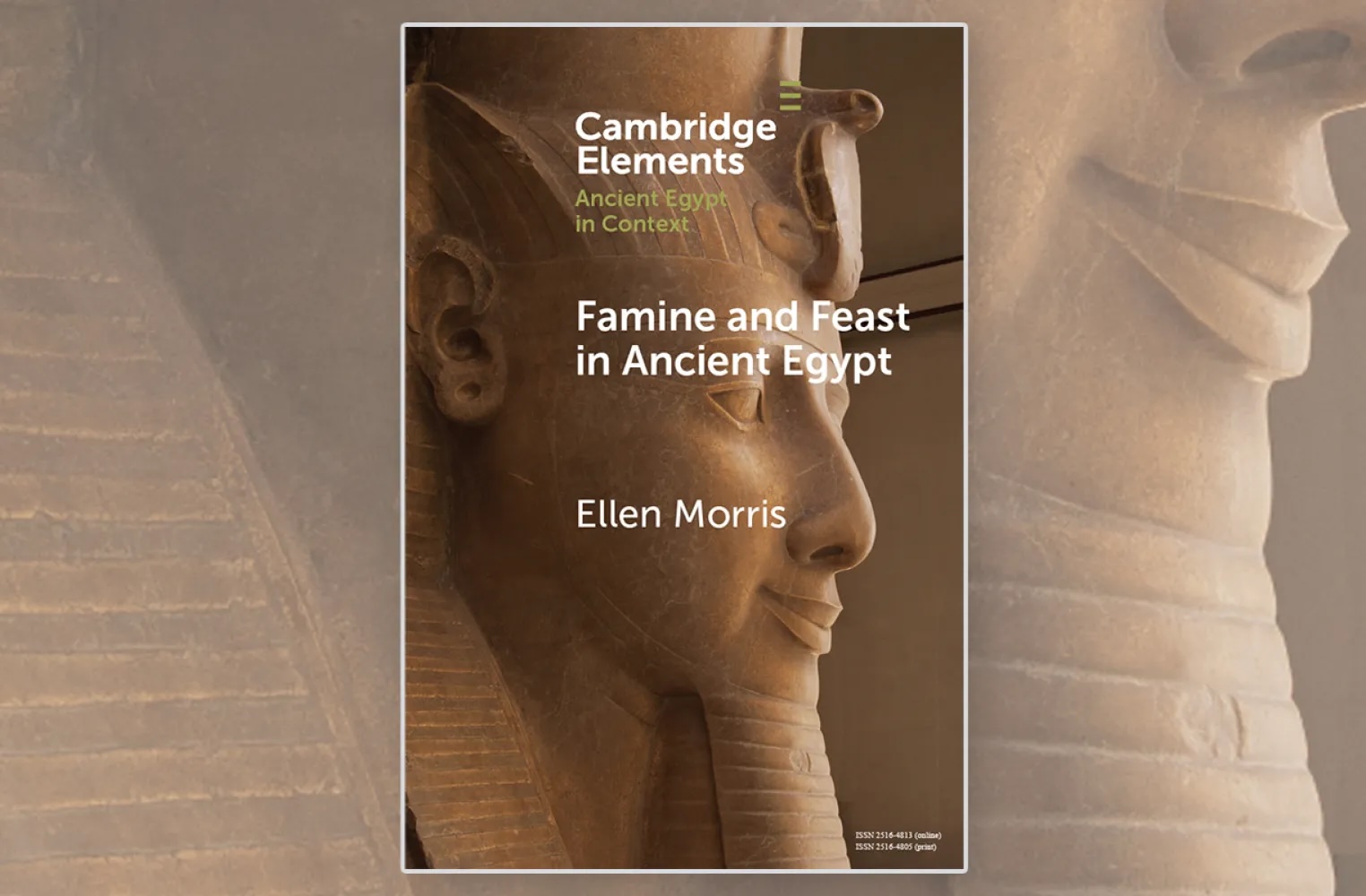october, 2023
10oct6:15 pm- 7:30 pmNew Books in the Arts and Sciences: Celebrating Recent Work by Ellen Morris
Event Details
October 10, 2023 (Tuesday), 6:15pm The Heyman Center, Second Floor Common
more
Event Details

October 10, 2023 (Tuesday), 6:15pm
The Heyman Center, Second Floor Common Room, Columbia University
Famine and Feast in Ancient Egypt
by Ellen Morris
Famine and Feast in Ancient Egypt covers the creation and curation of social memory in pharaonic and Greco-Roman Egypt. Ancient, Classical, Medieval, and Ottoman sources attest to the horror that characterized catastrophic famines. Occurring infrequently and rarely reaching the canonical seven-years’ length, famines appeared and disappeared like nightmares. Communities that remain aware of potentially recurring tragedies are often advantaged in their efforts to avert or ameliorate worst-case scenarios. For this and other reasons, pharaonic and Greco-Roman Egyptians preserved intergenerational memories of hunger and suffering. This volume begins with a consideration of the trajectories typical of severe Nilotic famines and the concept of social memory. It then argues that personal reflection and literature, prophecy, and an annual festival of remembrance functioned-at different times, and with varying degrees of success-to convince the well-fed that famines had the power to unseat established order and to render a comfortably familiar world unrecognizable.
About the Author
Ellen Morris is an Associate Professor at Barnard Classics and Ancient Studies Chair, Classical Studies Graduate Program. She has published three books and numerous articles on issues pertinent to ancient Egyptian imperialism. Her first book is entitled The Architecture of Imperialism: Military Bases and the Evolution of Foreign Policy in Egypt’s New Kingdom (Brill, 2005). Her second, Ancient Egyptian Imperialism (Wiley-Blackwell Press, 2018), engages the work of scholars of early empires in examining various instances of Egyptian imperialism from an explicitly cross-cultural perspective. Morris’s ongoing research interests and other publications focus on topics such as the dynamics of political fragmentation, state formation, sexuality and sacred performance, international relations and diplomacy, retainer sacrifice, and divine kingship. She has excavated in the Nile Valley at Abydos, Deir el-Ballas, and Mendes, and at the site of Amheida in the Dakhleh Oasis.
About the Speakers
Zoë Crossland’s research deals with the historical archaeology of Madagascar, and with evidential practices around human remains. Her approach to historical inquiry is informed by Peircean “semeiotics,” which she uses to explore the imbrication of the material and the immaterial, the human and the nonhuman. The research Crossland has undertaken in Madagascar has been concerned with archaeologies of encounter, including a consideration of how material traces in the landscape made the dead present as historical actors (2014). She is a Professor of Anthropology at Columbia University.
John Ma joined the Classics Department at Columbia Unviersity in 2015, after working at Corpus Christi College and the Faculty of Classics at Oxford for fifteen years. Before that, he worked in the Classicss Department at Princeton (during which period he lived in New York). His main interests lie in the history of the ancient Greek world and its broader context (including the ancient near-east). Within Greek history, he is particularly interested in the handling of epigraphical and archaeological evidence, historical geography, and the complexities of the Hellenistic world. He currently serves as Chair of the department.
Joseph Manning is the William K. and Marilyn Milton Simpson Professor of Classics and History and Senior Research Scholar in Law at Yale and specializes in Hellenistic history with particular focus on the legal and economic history of Ptolemaic Egypt. His interests lie in governance, reforms of the state, legal institutions, formation of markets, and the impact of new economic institutions (coinage, banking) on traditional socio-economic patterns in the ancient world. He is also deeply concerned with Papyrology, the interpretation of ancient sources, and bringing to bear the historical social sciences, particularly Economic Sociology and economic and legal theory, to ancient history.
Nancy Worman‘s research focuses on style and the body in performance in classical Greek drama and its reception, as well as rhetoric and ancient and modern literary theory. She has published books and articles on these topics, including Landscape and the Spaces of Metaphor in Ancient Literary Theory and Criticism (Cambridge 2015), Virginia Woolf’s Greek Tragedy (Bloomsbury 2019), and Tragic Bodies: Edges of the Human in Greek Drama(Bloomsbury 2021), which won the 2022 PROSE Award for Classics. Her current research is focused on embodiment in ancient and modern literary theory and feminist receptions of ancient literature. She is a Professor of Classics at Columbia University.
Time
(Tuesday) 6:15 pm - 7:30 pm
Location
Heyman Center Common Room


